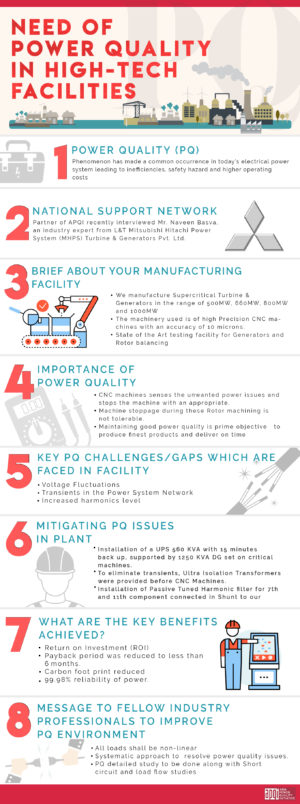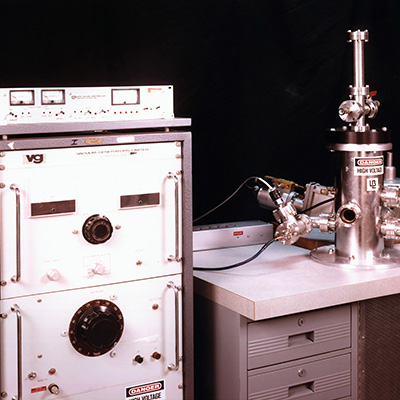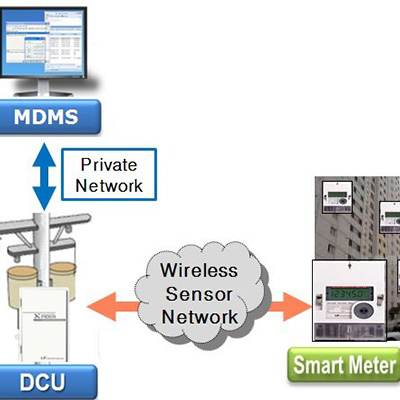Published On: Sep 08, 2016
- We installed a UPS 560 KVA with 15 minutes back up, supported by 1250 KVA DG set on critical machines. UPS had Zero Transition time to changeover between grid to battery and vice versa.
- To eliminate transients, Ultra Isolation Transformers were provided before CNC Machines.
- To limit the harmonics as per IEEE 519 – we have installed Passive Tuned Harmonic filter for 7th and 11th component connected in Shunt to our power system network.
Q 6. What are the key benefits achieved focusing on below points? Return on investment, Payback, Savings in O&M, reliability etc.
A. Overall, there was power quality improvement for the plant electrical system. Specific benefits that were achieved are:
- Return on Investment (ROI) – Quality of the manufacturing product has improved a lot. (There is no failure of Critical Machine Power since last 2 years)
- Payback period was reduced to less than 6 months.
- Operation & Maintenance expenses were reduced to great extent. (We could avoid the Cost of Poor power quality to INR 20,443 per hour)
- Carbon foot print reduced by avoiding usage of Diesel for DG sets.
- With PQ under control, we could maintain 99.98% reliability of power.
- Reliable power availability improved productivity which saved INR 8 Million per year for the plant.
Q 7. What message would you to like to give to fellow industry professionals to improve PQ environment?
A. In an era of IoT, all loads shall be non-linear and PQ issues are bound to increase further. Nothing to panic, with a systematic approach we can resolve power quality challenges. In case of Green Field Project, I recommend PQ detailed study to be done along with Short circuit and load flow studies.
REFERENCES
Mitigating Harmonics in MV (6.6 kV) System (This blog is based on a APQI case study titled “Mitigating Harmonics in MV (6.6 kV) System”. It depicts the case of a unit/plant facing power quality issues due to internal and external factors and highlights various mitigation techniques adopted & benefits realized by the unit to mitigate these issues.)
ABOUT THE EXPERTNaveen Kumar Basva is an engineering graduate in Electrical and Electronics from Prathyusha Engineering College Affiliated to ANNA UNIVERSITY, and post graduate diploma in project management from IIM-Indore – L&T IPM. He is also a certified energy auditor and life member of Society of Power Engineers. With 10 years total Experience diversified in ,Design, Installation ,testing & Commissioning of Electrical Systems, Distribution of Power ,Energy Efficiency & Conservation, EPC Power Plant Erection commissioning and now in Manufacturing facilities Maintenance. |








